Whatever your feelings are about watches as "investments" or a new alternative "asset class," the secondary market values of these things typically worn on the wrist have risen in recent years.
To be clear, exceptionally rare vintage timepieces have consistently commanded high secondary market values at auction. However, with the introduction of new technologies such as social media and prominent online blogs,
interest in the watch space has never been greater, influencing the scene from vintage to modern, new watches.
It is frequently the deciding factor in whether or not to purchase. Whether secondary market values are the lowest rung on your watch purchase decision-making ladder or the most important component in developing your watch "portfolio," let's dig further.
WHY SHOULD WE INVEST IN BUYING WATCHES
Collectors, regardless of passion, will always attempt to distinguish themselves from their colleagues by acquiring the rarest or most exceptional artifacts.
However, when spending thousands of dollars on a single item, it's arguably more responsible to understand both the inherent and secondary market value. If you had to sell it, how much would it go for, does it lose, gain, or hold its value, how quickly would it sell, and would anyone even want to buy?
And when we're talking thousands of dollars, much alone hundreds of thousands or millions, we're talking about legitimate asset classes. Watches, like vehicles and fine art, have been a method to diversify and disperse wealth in recent decades. Profiteering on the one hand, and the mere comfort of knowing your money is generally "safe" on the other.
TIPS ON HOW TO INVEST WITH WATCHES
WATCHES TO INVEST
OMEGA SPEEDMASTER FIRST OMEGA IN SPACE

When it comes to brand icons, the Omega Speedmaster is unrivaled. For watch enthusiasts, the Speedmaster CK2998 worn on the wrist of astronaut Wally Schirra (his own, purchased privately) holds the distinction of being the first Omega watch in space, dating back to October 3rd, 1962 on the Mercury-Atlas 8 mission.
From an investment standpoint, the FOIS is a variant of an all-out watch archetype with a limited eight-year production run (an estimated 15,000-16,000 made based on numbered edition marked watches listed on the secondary market) and a vintage fit and appeal not found in the Speedmaster line.
OMEGA SEAMASTER 300 SPECTRE

Omega's association with the James Bond film franchise dates back to the Pierce Brosnan era of the 1990s. With the typical wave dial Bond Seamaster now an icon in its own right, we recommend looking at its polar opposite: the straight lug, broad arrow Seamaster 300 Spectre edition based on the CK2913 from the late 1950s.
The Spectre is an appealing watch that combines design cues and aesthetics from the 1950s and 1960s with recent Omega advancements like the Co-Axial and calibre 8400 movement. A total of 7007 pieces were produced.
PANERAI LUMINOR BASE

CARTIER SANTOS

The Cartier Santos had its spectacular premiere in 1904, when Alberto Santos-Dumont urged his friend Louis Cartier (the founder of Cartier) to design a functioning pilot's timepiece. The Cartier Santos has an extremely distinctive style with a 39.8mm stainless steel case, an 18ct yellow gold symmetrical square bezel, and exposed screws.
A clean white dial with black Roman numerals, a rail-track scale, blued sword-shaped hands,
a date window at 6 o'clock, and a steel band with yellow-gold exposed screws complete the look.
Cartier's history and pedigree ensure that the watches have a high market value. The Cartier Santos is a popular timepiece; its price is anticipated to rise, making it a good investment watch.

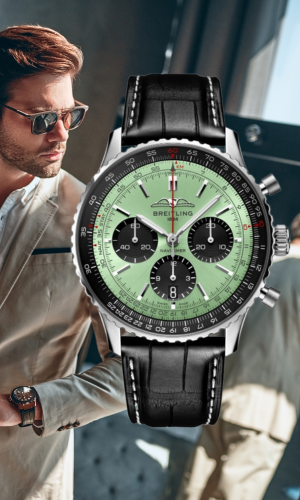




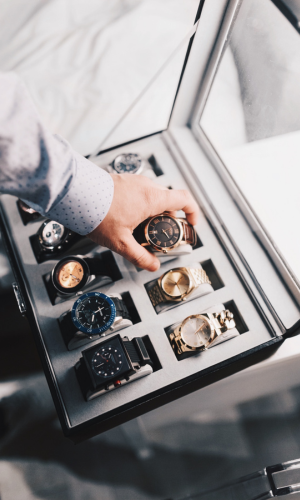



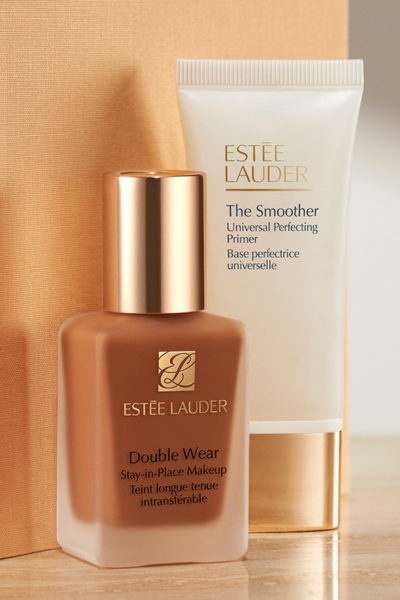



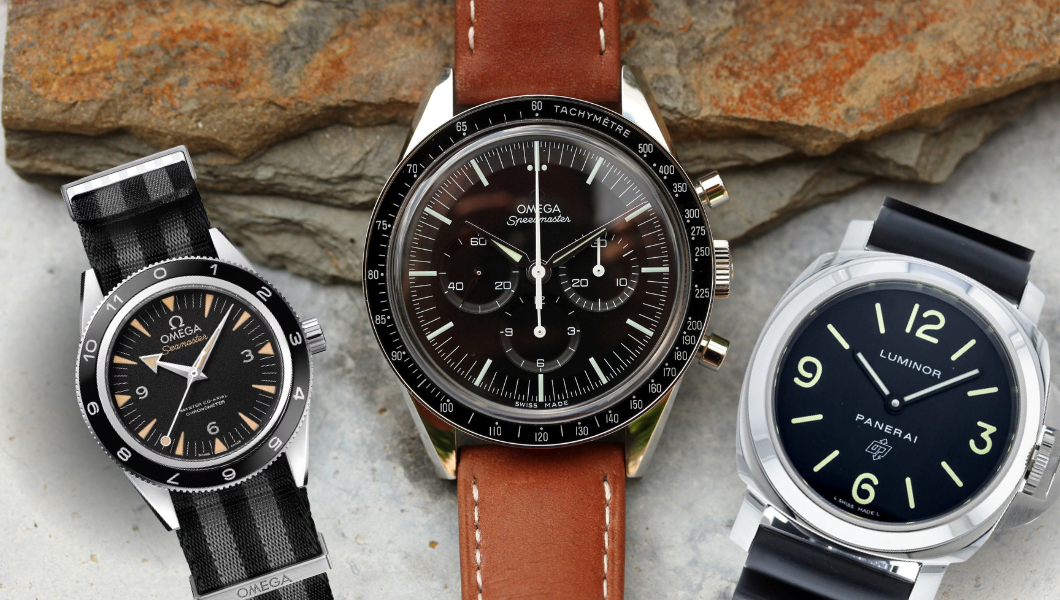
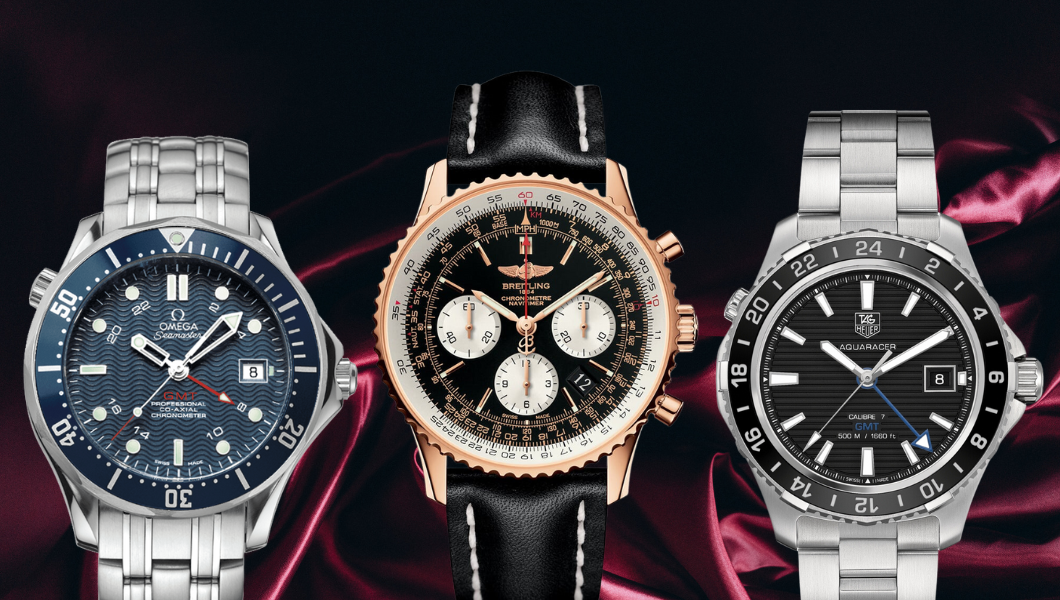
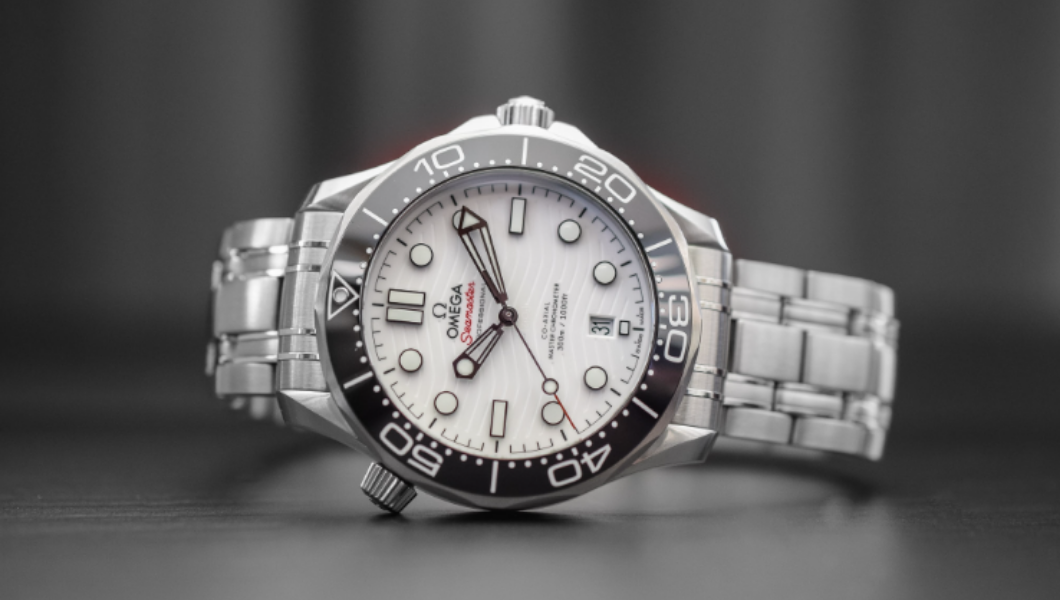
Leave a comment
All comments are moderated before being published.
This site is protected by hCaptcha and the hCaptcha Privacy Policy and Terms of Service apply.